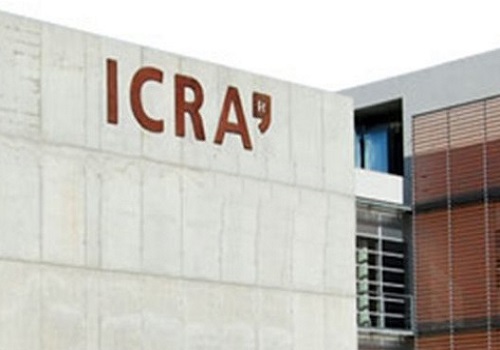Enforcement of new mining cess may increase cost pressure for steel makers: ICRA

Ratings agency ICRA in its latest report has said that the enforcement of the new mining cess by some states following the Supreme Court ruling may bring challenges for the domestic steel industry by adding to the cost pressures. On August 14, 2024, the Supreme Court upheld the power of states to levy tax on mineral rights and mineral-bearing land, and allowed them to seek refund of royalty from April 1, 2005 onwards. This development is poised to compress operating margins across the sector, impacting both primary and secondary steel producers.
ICRA estimated that primary steel producers margins could shrink by approximately 60-180 basis points, while secondary producers, with already lower profitability, may face a more severe impact, with margin declines ranging from 80 to 250 basis points, based on various scenarios that cess rates could potentially vary between 5% and 15%. The power sector, which is heavily dependent on coal, may see a rise in the cost of supply by 0.6% to 1.5%, potentially leading to higher retail tariffs. Further, primary aluminium producers will also be impacted due to their high-power consumption.
According to the report, Odisha, a key mineral-rich state, holds a particularly vital role in this context. The recent Supreme Court ruling has brought renewed focus on the Orissa Rural Infrastructure and Socio-Economic Development Act, 2004 (ORISED), which permits around 15% cess on iron ore and coal. If fully enforced, it could result in around 11% increase in the landed costs of iron ore, directly impacting the cost competitiveness of domestic steel entities. In a related move, the Government of Jharkhand recently imposed a modest increase of Rs 100/tonne on iron ore and coal, setting a precedent that other states may follow. This increase is expected to have a minimal impact on steel entities’ operating margins, reducing them by around 30-40 basis points. Even if other states adopt similar measures, the overall impact will likely remain modest.










Tag News

GST reforms prove tax moderation can boost revenues













